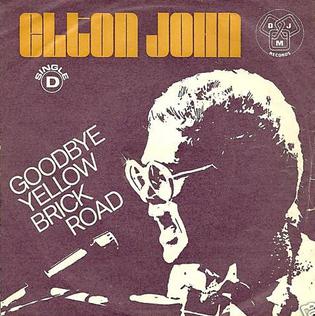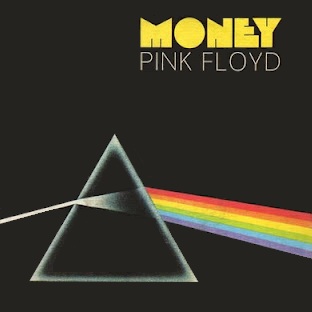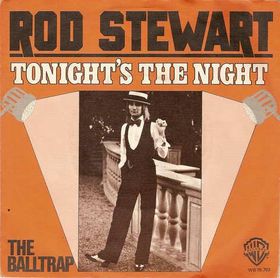In the vast landscape of popular music, few names shine as brightly or endure as steadfastly as Elton John’s. With a career spanning over half a century, Sir Elton John, born Reginald Dwight, has left an indelible mark on the world of music. His repertoire is a rich tapestry woven with threads of rock, pop, and ballads, each song a testament to his unparalleled talent and versatility.
From the iconic “Goodbye Yellow Brick Road” to the soul-stirring “Your Song,” Elton John’s music resonates with audiences across generations. His ability to craft melodies that evoke emotion and lyrics that tell stories has earned him a place in the pantheon of musical legends. Tracks like “Rocket Man” transports listeners to otherworldly realms, while “Crocodile Rock” ignites a sense of joy and nostalgia.
Yet, beyond his musical prowess, Elton John’s legacy extends far into the realms of philanthropy and activism. As an openly gay man in the music industry during a time when such visibility was rare, he became a trailblazer for LGBTQ+ rights. His foundation, the Elton John AIDS Foundation, has been at the forefront of the fight against HIV/AIDS since its inception in 1992, raising millions of dollars to support prevention, treatment, and advocacy efforts worldwide.
Moreover, Elton John’s commitment to diversity and inclusion is evident not only in his music but also in his actions. He has used his platform to champion marginalized voices and challenge societal norms, paving the way for greater acceptance and understanding.
As we journey through the vast expanse of Elton John’s discography, we not only revel in the brilliance of his music but also recognize the depth of his impact on the world. His melodies echo through the corridors of time, serving as a reminder of the transformative power of art and the enduring legacy of one of music’s greatest maestros.
Follow Tunes du Jour on Facebook
Follow Tunes du Jour on Twitter
Follow me on Instagram





